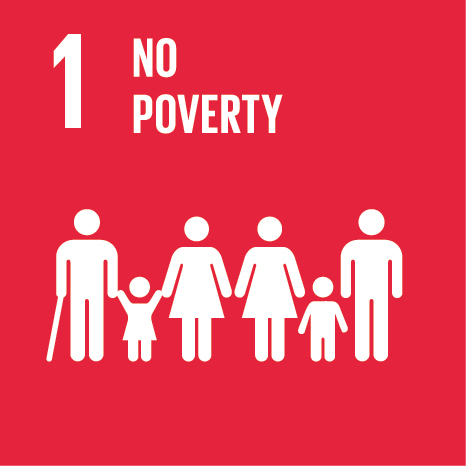Ciência_Iscte
Publications
Publication Detailed Description
Book Title
The Wiley-Blackwell encyclopedia of social and political movements
Year (definitive publication)
2021
Language
English
Country
United Kingdom
More Information
Web of Science®
This publication is not indexed in Web of Science®
Scopus
Google Scholar
This publication is not indexed in Overton
Abstract
The political innovations that emerged from the Latin American “Pink Wave” of the 2000’s, as well as the European anti-austerity and environmental mobilizations of the 2010’s, challenge the focus on protest that has characterised social movement scholarship in the last decades (Pleyers & Capitaine 2016). At the core of these innovations is the promotion, through movement praxis as well as public policy, of community-led initiatives, based on democratic solidarity (Hulgard et al 2019) in which economic activity is pursued as a means to the achievement of political ends. This implies that economic praxis cannot be isolated from the overall dynamics of collective action (Laville & Eynaud 2019: 62). Such initiatives are based on the setting up of “autonomous and intermediary public spaces” (Op. cit.: 60) where “socio-ethical and counter-cultural practices” are experimented with, enacted and coordinated (Fois, 2019: 108). These spaces are “micro-public spheres” (Keane 1998) or “mobilizational commons” (Esteves 2020), in which participants re-signify economic activity through deliberative processes aimed at promoting cooperation among otherwise competing producers and consumers, contact and trust between segregated social sectors, as well as the engagement of the state in rethinking the economy over time.
The praxis of such community-led initiatives is conceptualized as “solidarity economy” by scholars from Latin America and Europe, who frame them in Polanyi’s vision of an “active society” in “contradictory”, but creative, “tension with the market” (Burawoy 2003: 198). Such concept includes grassroots-level, community-based practices of economic self-governance that prioritize the creation of social value over capital accumulation (Mance 2007; Auinger 2009; Ould Ahmed 2015; Laville 2016). At its core is the promotion of economic resilience of territories, supported by participatory politics (Bauwens and Niaros 2017: 24; Estivill 2018: 15), as well as the normative orientation of economic activity towards democratic deepening within community-based economic activities (Laville 2016: 244–5). This promotes an ontological reframing of “the economic” and “the political” beyond the market/state dichotomy (Lucas dos Santos & Banerjee 2019). This implies the conceptual recognition of a diversity of economic imageries, as well as narratives on social emancipation and good living (Gibson-Graham 2002, 2009; Santos 2006). It also expands the understanding of economic activity beyond the focus on organization and ownership structures, which prevents the acknowledgement of the transformative potential and political embeddedness, in the social fabric and well as in collective action and public policies, of small-scaled grassroots practices based on reciprocity, redistribution and householding carried out by subaltern groups (Lucas dos Santos & Banerjee 2019).
Acknowledgements
--
Keywords
Social movements,Solidarity economy,Collective action,Public sphere,Political sociology
Funding Records
| Funding Reference | Funding Entity |
|---|---|
| SFRH/BPD/94495/2013 | Fundação para a Ciência e a Tecnologia |
| UID/CPO/03122/2013 | Centro de Estudos Internacionais ISCTE-IUL |
Contributions to the Sustainable Development Goals of the United Nations
With the objective to increase the research activity directed towards the achievement of the United Nations 2030 Sustainable Development Goals, the possibility of associating scientific publications with the Sustainable Development Goals is now available in Ciência_Iscte. These are the Sustainable Development Goals identified by the author(s) for this publication. For more detailed information on the Sustainable Development Goals, click here.

 Português
Português




